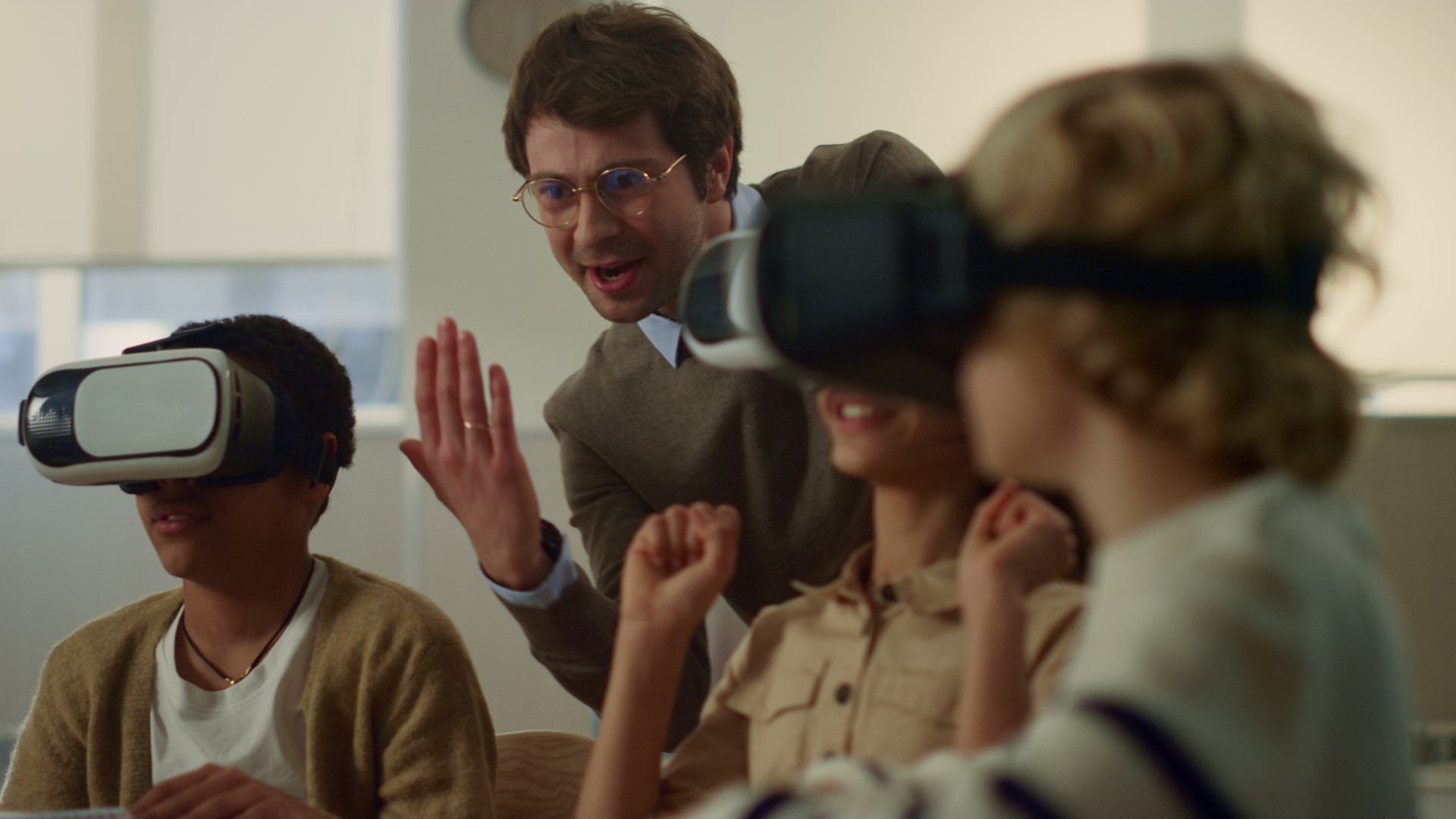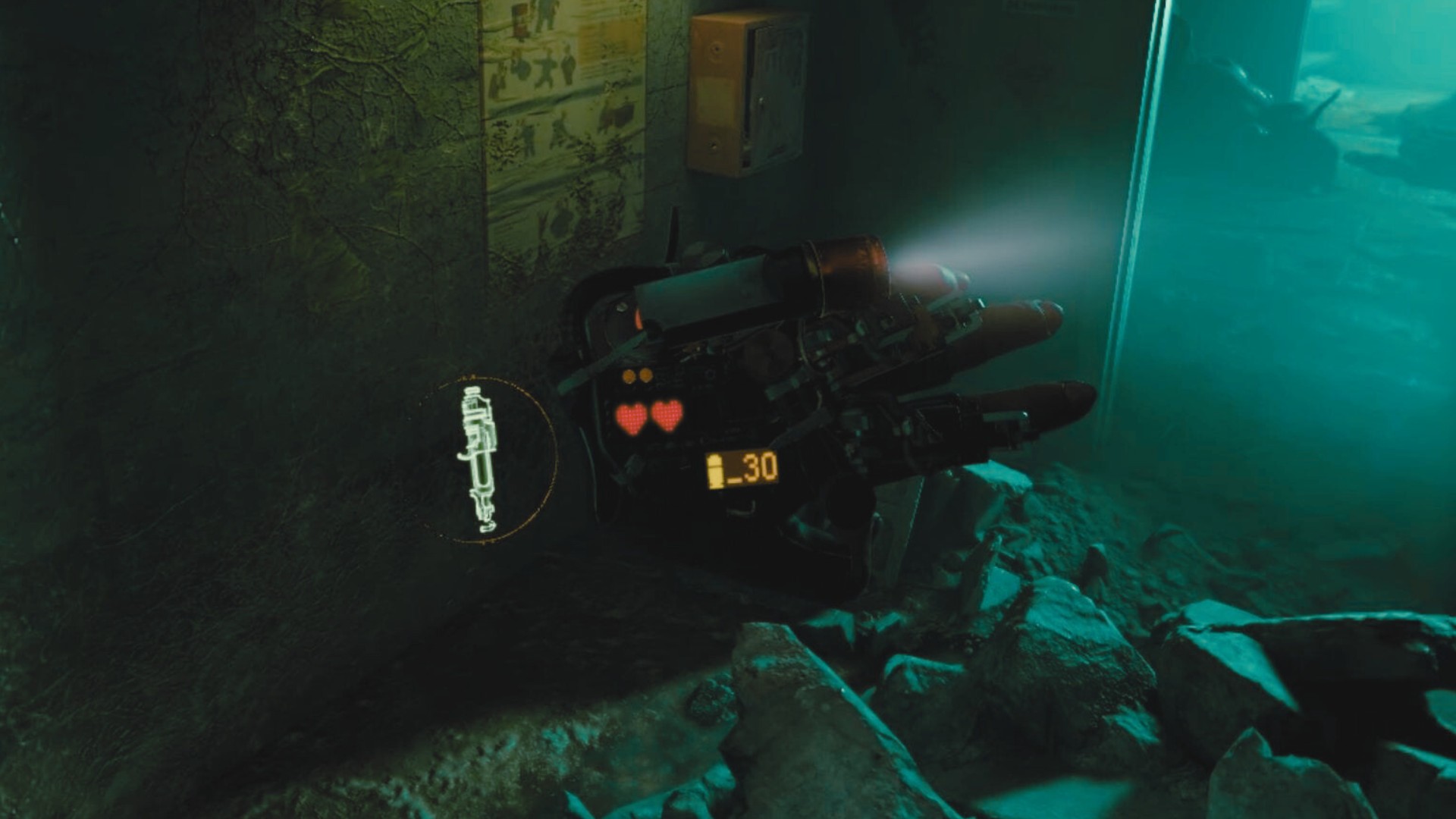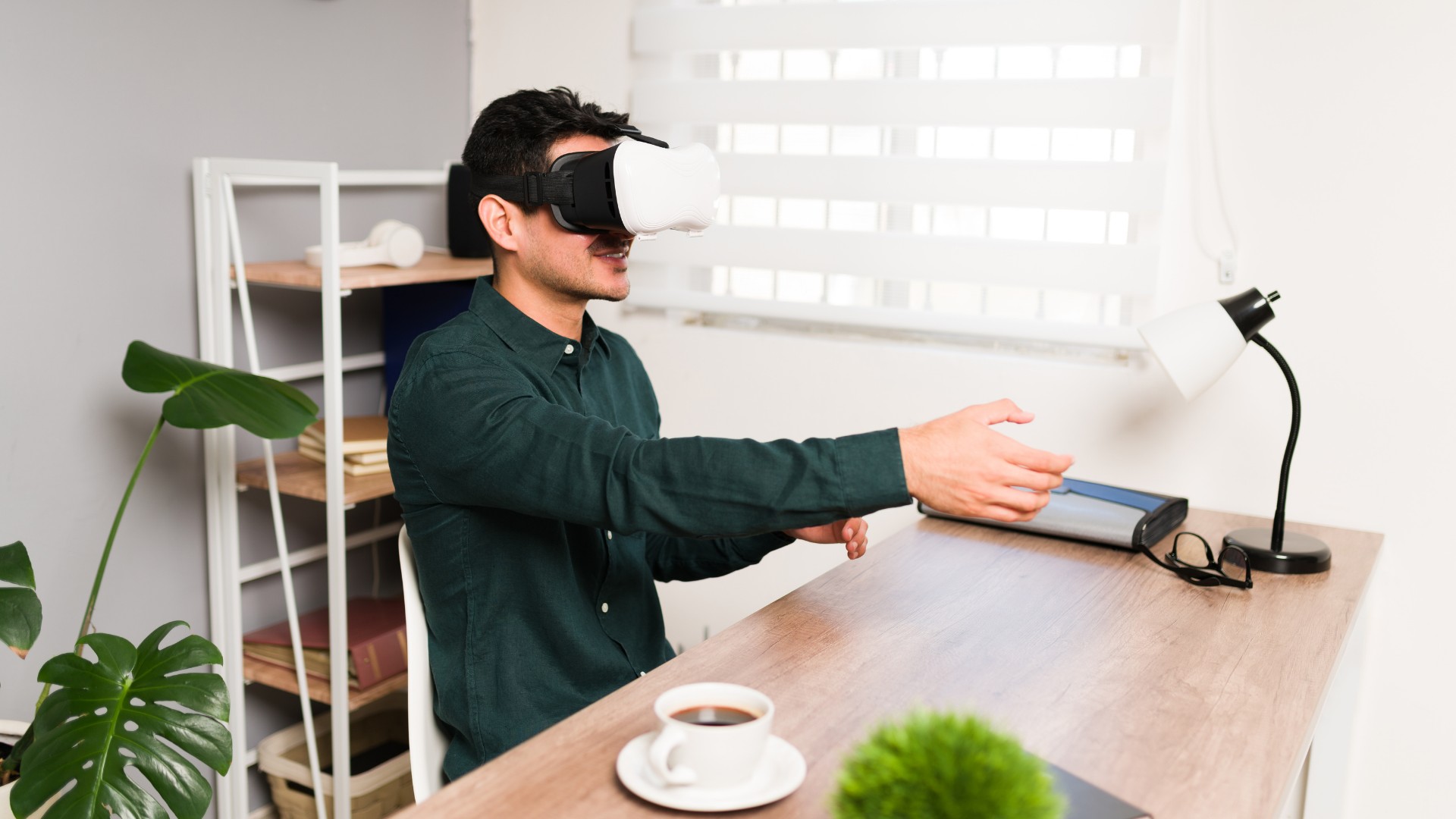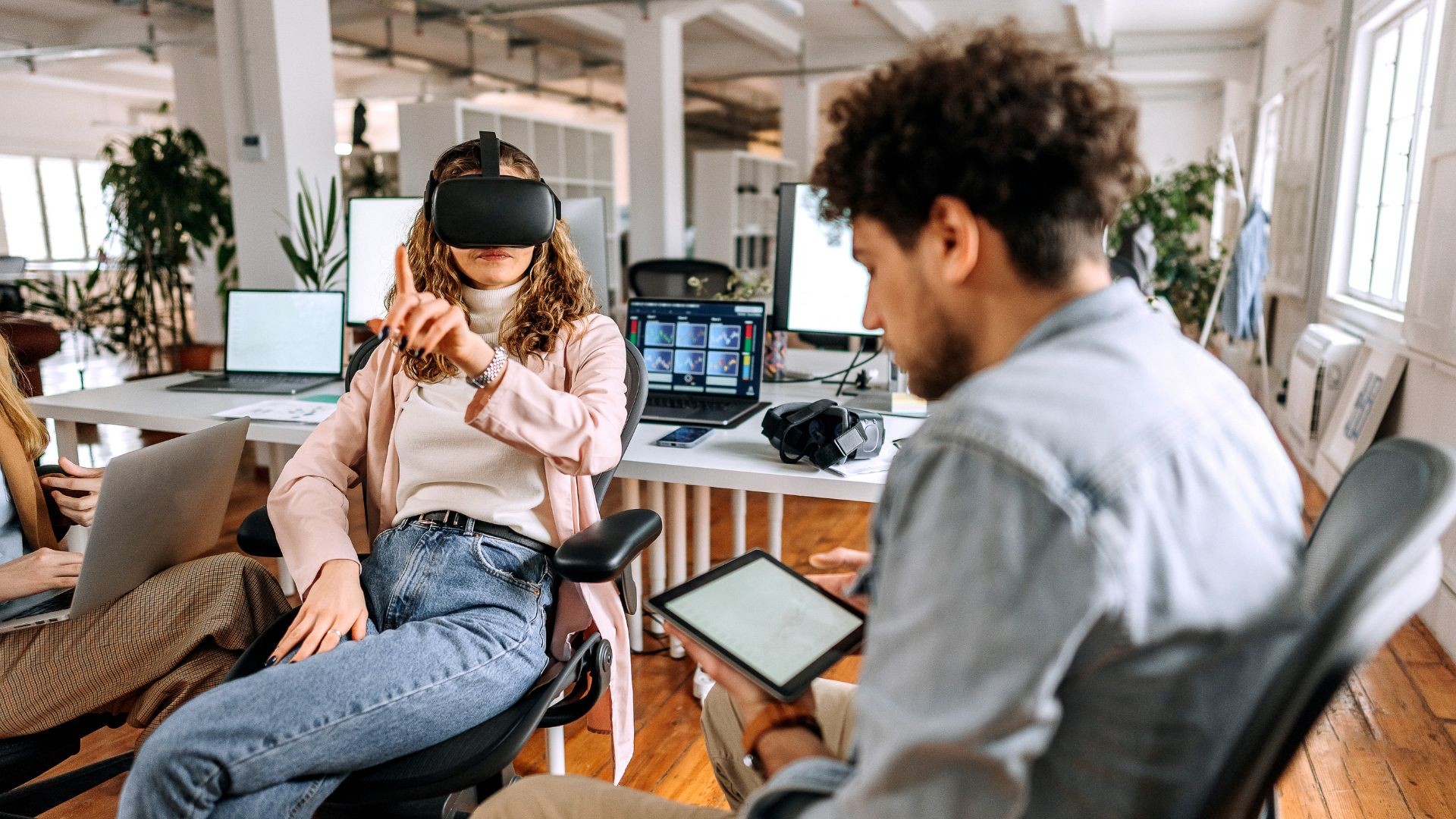· 3 min read
Virtual Reality in Education - Shaping the Campuses of the Future

Introduction
As technology continues to evolve, the boundaries of classroom learning are being expanded by virtual reality (VR) and other immersive technologies. These tools are not just enhancing the educational experience; they are transforming it, creating new possibilities for interactive learning that goes beyond traditional classroom walls. At FoVR Interactive, we are at the forefront of integrating VR into educational settings, and here’s how we see it playing a pivotal role in the campuses of the future.
Immersive Learning Experiences
VR allows students to immerse themselves in environments that would otherwise be inaccessible. Whether it’s a historical recreation, a virtual lab for scientific experiments, or an interactive art exhibit, VR makes it possible to experience learning in a completely new way.
- Example: Imagine biology students exploring the Great Barrier Reef or history students walking through ancient Rome, all from the comfort of their campus.
Enhanced Engagement and Retention
Studies show that immersive learning can significantly enhance student engagement and information retention. VR provides a hands-on experience that encourages active learning and helps students better understand complex concepts.
- Statistical Insight: [Provide relevant statistics or findings from studies that support the effectiveness of VR in learning, if available.]
Customised Learning Paths
VR technology can adapt to the individual learning pace and style of each student. This personalised approach ensures that all students can learn in a way that best suits their needs, maximizing their potential.
- Tool Highlight: At FoVR Interactive, we develop VR experiences that allow educators to customise lessons, ensuring a tailored educational experience for students.
Breaking Physical and Geographical Barriers
With VR, the physical limitations of the traditional classroom are eliminated. Students from around the world can join a virtual classroom, participate in the same activities, and collaborate in real-time as if they were physically together.
- Global Reach: This opens up opportunities for global learning exchanges and experiences without the need for travel.
Preparing Students for the Future
As the workplace becomes more technologically advanced, students with VR experience will be better prepared for the future job market. VR not only provides technical skills but also enhances soft skills like problem-solving, teamwork, and adaptability.
- Skill Development: VR simulations can mimic real-world challenges, providing students with valuable practice in a risk-free environment.
Conclusion
The integration of VR and immersive technologies into educational settings is transforming how knowledge is acquired and shared. At FoVR Interactive, we are excited to be part of this revolutionary change, developing solutions that not only enhance educational outcomes but also prepare a new generation for the future. As technology evolves, so will educational methodologies, making the campus of the future a truly immersive experience.



